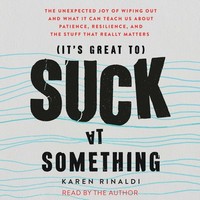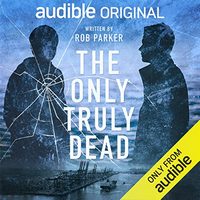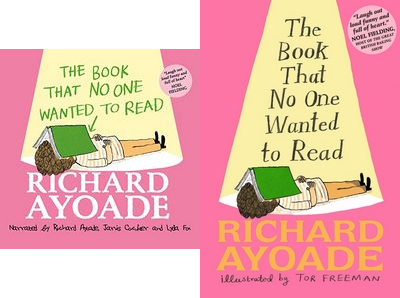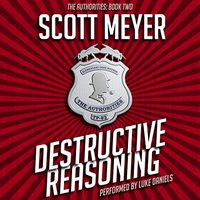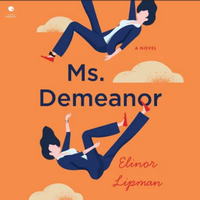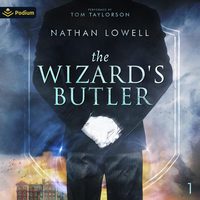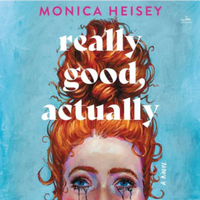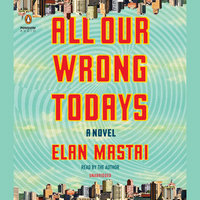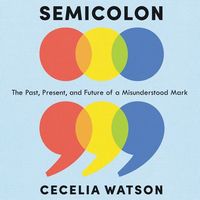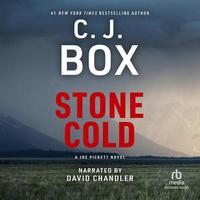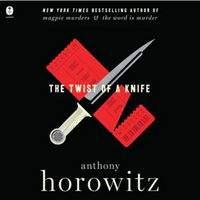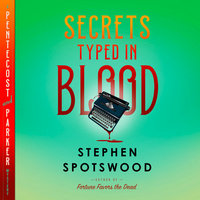 This Bird Has Flown
This Bird Has Flown
by Susana Hoffs (Author and Narrator), Juliet Stevenson (Narrator)
DETAILS: Publisher: Little, Brown & Company Publication Date: April 4, 2023 Format: Unabridged Audiobook Length: 12 hrs., 35 min. Read Date: May 11-16, 2023

What’s This Bird Has Flown About?
Jane Star is your proto-typical one-hit-wonder. She rocketed to stardom via a cover song and its music video (which was intended to be a feminist critique of something, but really just made her into a sex kitten). She struggled to come up with another hit and eventually her career died down and she disappeared off the scene.
Following a major breakup, she’s trying to get her career re-established (if only so she can move out of her parent’s house). Her manager/friend arranges for Jane to spend some time in London with her to write—which turns into a once-in-a-lifetime chance to play with the man whose song put her on the map at the Royal Albert Hall. Can she use this to re-launch herself?
Meanwhile, she strikes up a whirlwind romance with a man she met on the flight to London. This is both an inspiration for her writing and a major distraction from it.
The Love Story
It absolutely didn’t work for me. At all. It was a lust/infatuation story fit better for teenagers than a world-weary rock star and a college professor.
And a lot of the “sexy” moments seemed to be trying too hard to be sexy, which just feels desperate.
So why did I persist?
The One Hit Wonder Looking for Another
The story about Jane Star, trying to cling to marketability and relevancy—and maybe, just maybe regaining some sort of career is the part of this novel that makes putting up with the rest worth it.
It’s hard not to wonder how much of Jane’s experience is based on Hoffs—but it’s an idle thought because what Jane is going through is more interesting than my own speculation. She’s trapped by that one cover song that thrust her onto the world stage and is something she just can’t live up to.
She’s trying so hard to recapture that magic, to live up to expectations that she can’t write anything. And anyone who’s lived through some sort of creative block will be able to identify with this.
But then there are some moments where she remembers why she’s a musician, gets to sing or play. Even gets to write a little. And it’s magic. Not just for Jane, but for the reader—Hoffs describes the sensation in a way that it’s impossible not to get caught up in it.
I love a good rock’n’roll novel, and Hoffs delivers here.
How was the Narration?
This is really where the book shone for me—Hoffs handled the narration and the dialogue for Jane, Stevenson did the rest of the characters.
Sure, we all know that Hoffs can sing—but she can handle other voice performance areas as well. I was really impressed by what she did and was thoroughly engaged throughout.
But Stevenson? Wow. Knocked. It. Out. Of. The. Park. Her accents, her emoting, her…everything. I hated every time a scene with her ended, and was only placated by knowing another was on the way, with her doing another voice or three. Her work as Pippa, Jane’s manager, alone made me a fan.
So, what did I think about This Bird Has Flown?
Overall, I enjoyed this. I didn’t get that invested in the “love” story but thought it resolved okay (probably more than okay if you are able to get invested in it). The novel wouldn’t hold up without it (although you could improve it without changing most of the rest of the novel), so I’m not going to trash it too much.
The creativity/musician/whatever storyline—along with the accompanying friendships and conflicts—was really well done and more than made up for my grinchy attitude toward the rest. I really got invested in it and thought my investment was rewarded.
I picked up the book because of a piece or two I’d read about Hoffs’ depiction of the musician’s life—and it paid off. It would’ve been nice if the rest had been as good, but I’ll take what I got. This Bird Has Flown is not great, but it’s a lot of fun with some fantastic moments. Give it a whirl.
If Hoffs tries her hand at novel writing again, I’ll be willing to try it.

This post contains an affiliate link. If you purchase from it, I will get a small commission at no additional cost to you. As always, the opinions expressed are my own.
![]()


